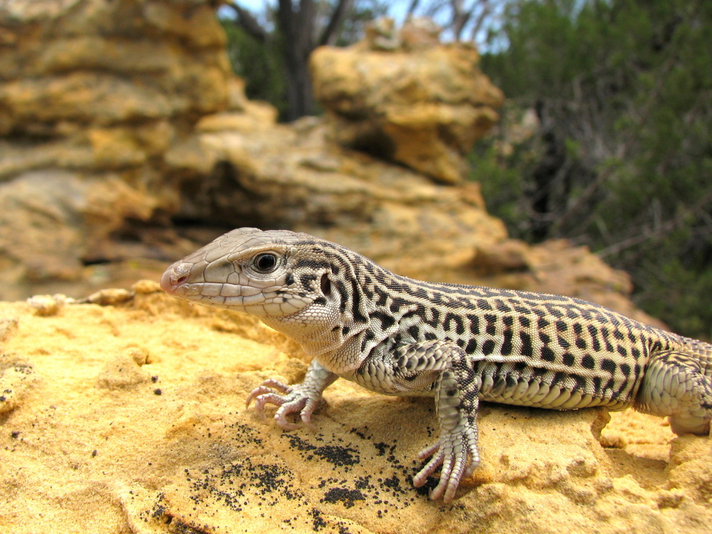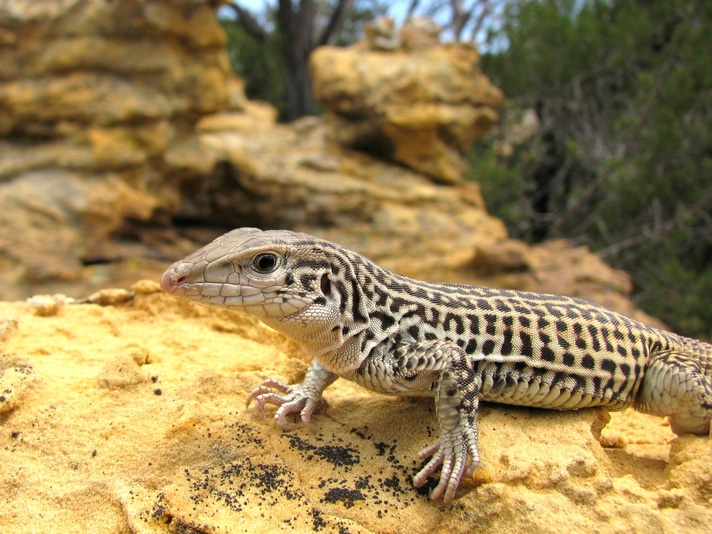The Center for Biological Diversity is suing the U.S. Fish and Wildlife Service for failing to act on whether the Colorado Checkered whiptail lizard should be listed as an endangered species.
The Center for Biological Diversity today announced its intent to sue the U.S. Fish and Wildlife Service due to the service’s apparent failure to determine whether the Colorado Checkered Whiptail lizard (Aspidoscelis neotesselata) warrants protections under the Endangered Species Act.

Joe Farah/Shutterstock
The Center for Biological Diversity is suing the U.S. Fish and Wildlife Service for failing to act on whether the Colorado Checkered whiptail lizard should be listed as an endangered species.
Read More
California's Island Night Lizard Removed from Endangered Species List
Endangered Species Act Protections Sought For 53 Reptile And Amphibian Species In 45 States
Two Southwestern Garter Snakes Proposed For Endangered Species Protections
The lizard, which was first petitioned for protection in 2012, grows to about 4 inches in length and lives in arroyos, canyons, and valleys in Colorado. It is also a parthenogenic species.
“Time is running out for this little guy,” Collette Adkins Giese, a Center biologist and lawyer focused on protecting amphibians and reptiles said in a statement. “Because this lizard lacks legal protections, humans continue to destroy its habitat when we should be conserving essential areas. Endangered Species Act protection will change that.”
According to federal law, after a species is petitioned for Endangered Species Act protections, the USFWS must make an initial determination whether the species warrants protections, called a finding, within 90 days. According to the Center, the agency has not acted.



